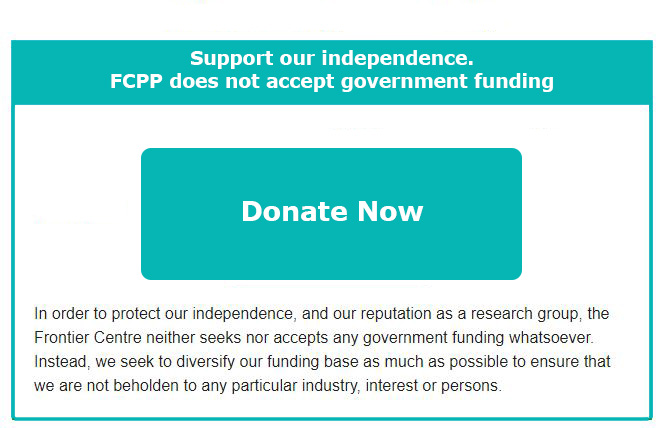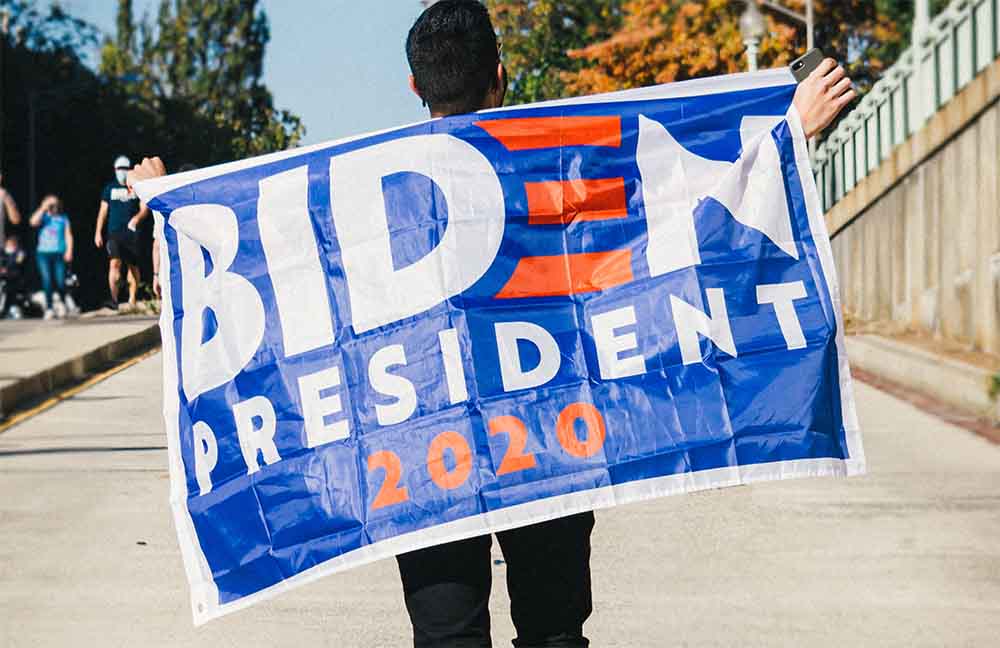If the USA’s current electoral situation is still in turmoil, the Biden presidency seems to act. With the return of the democrats at the White House, there will be changes in the US foreign policy. Canada, as the third US trade partner, will be impacted. The Trump presidency was characterized by strong protectionism with a renegotiation of the NAFTA (North American Free Trade Agreement), which led to a new trade agreement USMCA (United States-Mexico-Canada Agreement) with more barriers, especially on aluminum, steel, and automobile. Tariffs imposed by the US government on these products have also weakened the trade between the two countries. Will Biden be more open to free trade?
The ambiguous position of the democratic party on trade
On one side, the democratic party is open to trade; on the other side, trade must be regulated to protect American workers’ interest. As the 2020 Democratic convention had decided: “Democrats will pursue a trade policy that puts workers first. We will negotiate strong and enforceable standards for labour, human rights, and the environment in the core text of our trade deals. Future trade agreements should build on the pro-labour provisions added to the United States-Mexico-Canada Agreement (USMCA) by Democratic members of Congress.” Indeed, free trade seems to be rejected by the party, and the protectionist idea persists. 
However, Joe Biden himself seems to be more open to free trade. In an article for Foreign Affairs, he condemns what he calls “ill-advised trade war against the United States’ friends and foes alike, that are hurting the American middle class.” He proposes, “taking down trade barriers that penalize Americans and resisting a dangerous global slide toward protectionism.” At first glance, President-elect Biden seems to promote a freer trade with the rest of the world. Still, he also adds, “I will not enter into any new trade agreements invested in Americans and equipped them to succeed in the global economy. And I will not negotiate new deals without having labour and environmental leaders”. The trade policy proposed by the Democrats is strong state interventionism. Of course, these programs and discourses are made to attract the US electors and, more precisely, those who voted for Donald Trump in 2016. But these politics can be harmful to Canada. As the researchers of MEI, Miguel Ouellette and Gaël Campan, highlight: Trump had approved the Keystone XL oil pipeline, which creates 2,000 construction jobs in Alberta, but the energy policy of the democrats threaten this project.
A glimmer of hope for free trade is, nevertheless, the strong commitment of the democrats on multilateralism: “We will work with our allies to mobilize more than half the world’s economy to stand up to China and negotiate from the strongest possible position.” If the Trump presidency were isolationist, the Biden one would be more open to diplomacy and exchange with the US’s allies.
Canada should take the initiative
Canada has a political system that fits with the requirements of the trade policy of the democratic party. Indeed, Canadians have a human right system and an environmental policy close to American standards: In the 2020 Environmental Performance Index, Canada ranks 20th and the USA 24th. For the 2019 Human freedom Index of the Cato Institute, Canada ranks 4th and the USA 15th. Accordingly, on the key topics defended by the democratic party, Canadians can be an example. There is no relevant political obstacle for free trade between these two countries who share the same values.
NAFTA benefited the US, Canada, and Mexico. Eight million jobs depend on trade between the USA and Canada. Moreover, the Cato Institute shows that 25 percent of every dollar of every good exported from Canada to the United States is re-exported back to the United States of something made in America by US workers. James L. Bacchus, a Democrat, who is a member of the US House of Representatives for Florida and served as a World Trade Organization judge, stated that, for example, “One in every six jobs in Florida — about 1.3 million jobs — is supported by international trade and foreign direct investment”.
Don’t forget the US Senate
One aspect that must not be ignored is the US Senate’s role, the upper chamber of the United States Congress, on the ratification of international treaties. According to Article II, section 2 of the US Constitution, the President of the USA “shall have Power, by and with the Advice and Consent of the Senate, to make Treaties, provided two-thirds of the Senators present concur.” Accordingly, the Senate will have to accept the treaties that president Biden wants to ratify. And with the current electoral trend, the upper chamber is strongly likely to be led by the Republican party. Indeed, the GOP currently has 50 seats on the 100, and if it wins one of the two runoff races in Georgia in January, the Senate will be kept by the right-wing.
This situation will force the democratic led White House and the Republican Senate to find common ground for the trade. This situation can be favourable for a freer trade: The necessity to agree across party lines could favour the centrists (left and right) who are more open to the free market and could marginalize the power of the radical left and the populist right who promote protectionism.
Alexandre Massaux is a research associate at the Frontier Centre for Public Policy.
Photo by Gayatri Malhotra on Unsplash.



